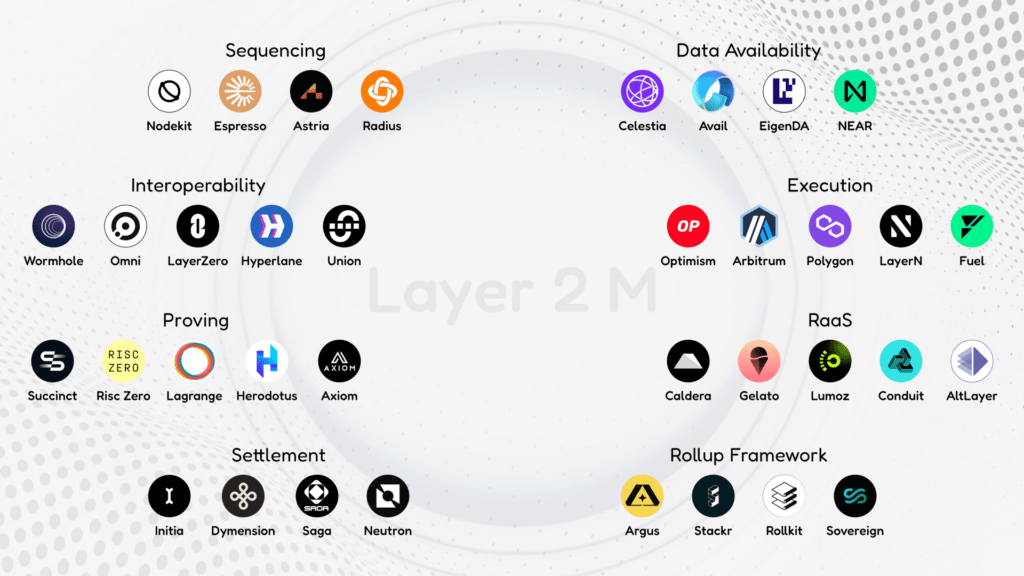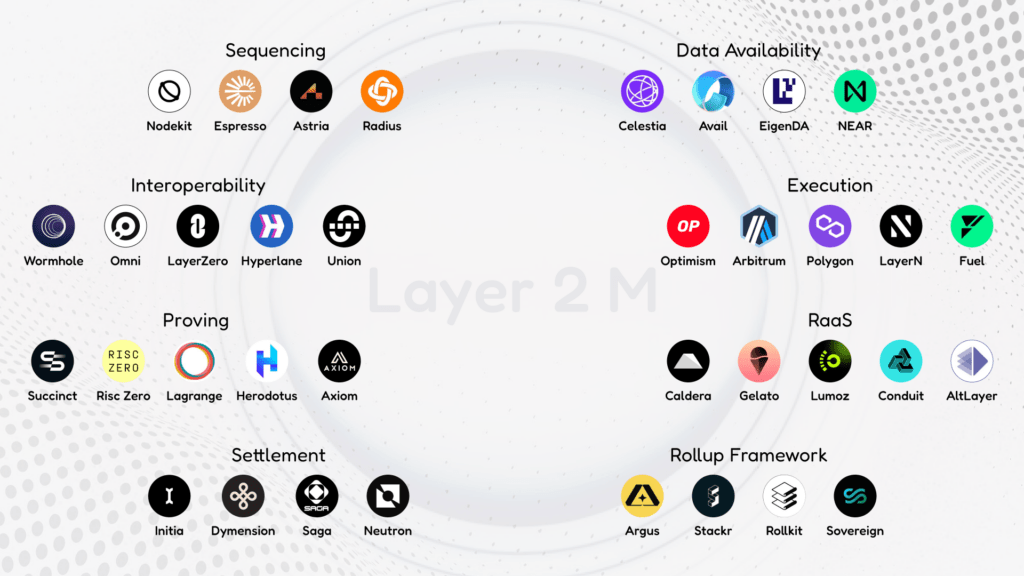Podcast Summary
This podcast delves into the advancements in blockchain technology, focusing on Polygon 2.0 and its role in global finance. The discussion covers the challenges of Ethereum scaling, the introduction of zkEVM, and the potential of tokenization in various sectors. The podcast also explores the concept of productivity in the crypto space and the potential of decentralized identity in the financial services sector.
Key Takeaways
Polygon 2.0 and zkEVM
- Polygon 2.0: This upgrade aims to address the challenges posed by the Ethereum scaling roadmap, providing scalability and interoperability. It is designed to meet the needs of a global population of potential users.
- zkEVM: The launch of zkEVM on Polygon has changed how development teams interact with the platform, offering increased security and infinite block space. Its adoption has been successful, with ongoing improvements being made to enhance scalability and user experience.
Tokenization and Blockchain Integration
- Tokenization: The podcast highlights the potential of tokenization in various sectors, including gaming, fun tokenization, and money market funds. Tokenization can enable fractionalization and lower minimum investments, potentially leading to a massive shift in capital allocation.
- Blockchain Integration: The integration of blockchain technology into the existing financial infrastructure can enable collateral borrowing and lending, 24/7 trading, increased liquidity, and transparency. This is attractive to global institutions and entities.
Decentralized Identity and Privacy
- Decentralized Identity: The potential of decentralized identity (Polygon IDs) in the financial services sector is discussed, particularly in addressing challenges related to KYC (Know Your Customer) and data privacy.
- Privacy: Zero-knowledge proofs (ZK) can enable user privacy and data ownership by allowing users to prove something without revealing all their personal information. Polygon IDs works on a selective data disclosure approach, improving privacy and interoperability.
Productivity in the Crypto Space
- Productivity: The podcast discusses the concept of productivity in the crypto space, comparing Bitcoin, Ether, and Matic as assets with varying levels of productivity. Matic is described as a hyper-productive asset that allows for Economic Security across multiple chains and offers higher yield potential for stakers.
Future of Blockchain Technology
- Future Prospects: The podcast predicts a significant increase in the adoption of CDK chains, with numerous chains expected to launch in the future. The establishment’s acceptance and regulatory unlocks in the crypto space are exciting for 2024, with mainstream society and governmental infrastructures becoming more accepting of crypto.
Sentiment Analysis
- Bullish: The podcast expresses a bullish sentiment towards the future of blockchain technology, particularly with the advancements of Polygon 2.0 and the potential of tokenization. The discussion also shows optimism about the integration of blockchain technology into the existing financial infrastructure and the potential of decentralized identity in the financial services sector.
- Neutral: While the podcast is generally optimistic about the future of blockchain technology, it also acknowledges the challenges faced, such as the issues with Ethereum scaling and the technological and regulatory hurdles in tokenization. This balanced view suggests a neutral sentiment towards these aspects.












